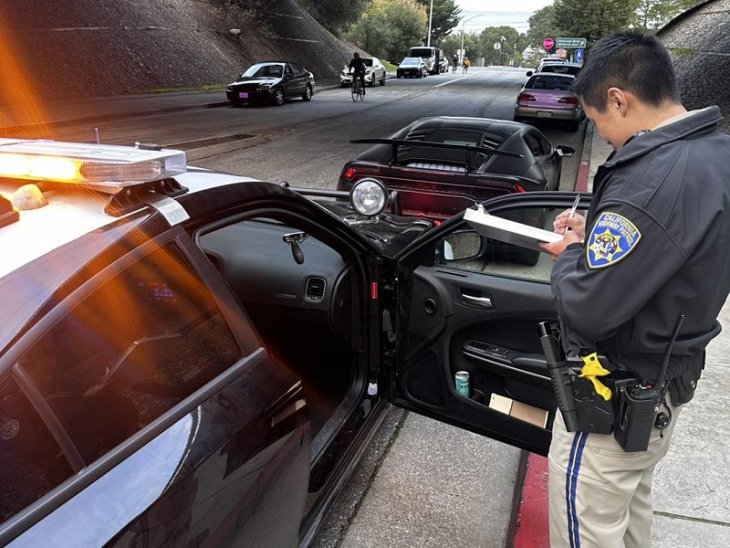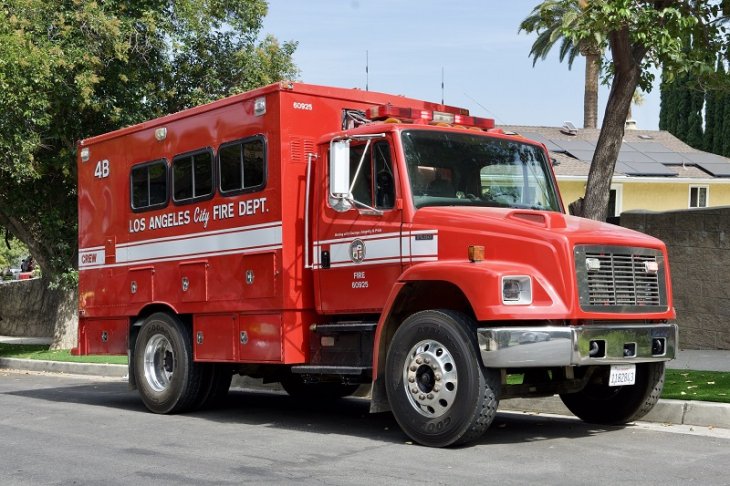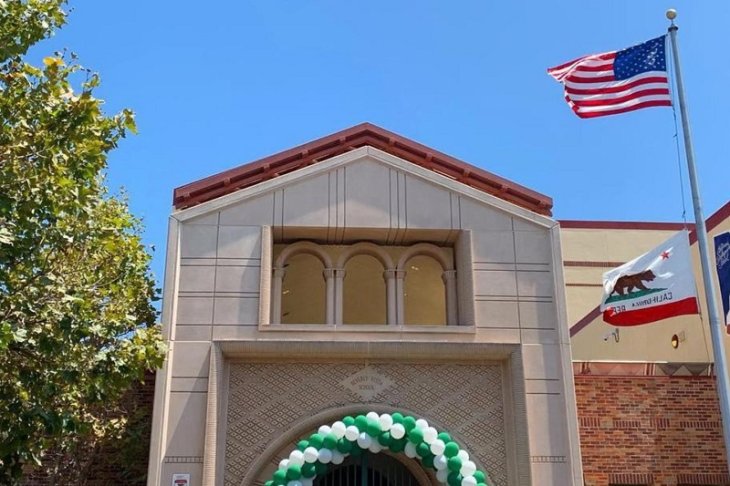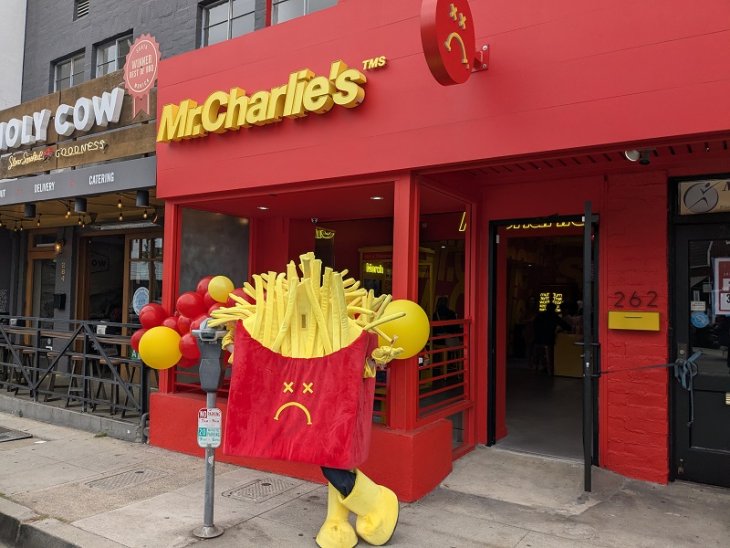
A Los Angeles city councilman threatened on May 2 to stop doing business with two Wall Street banks that he says has charged taxpayers $65 million in predatory fees since the banking meltdown in 2008.
Councilman Paul Koretz, who represents several Westside communities, is urging NY Mellon Bank and Dexia to release the City from financial deals that has led to tens of millions of dollars in fees, with millions more to come.
One interest rate swap deal the City entered into with the two banks in 2006 to pay for wastewater infrastructure projects, along with other deals, are “costing us dearly, even today, while NY Mellon reaps massive profits,” Koretz said during a City Hall news conference.
Bank officials were not immediately available for comment.
If the city remains in the deals, it could lose another $69 million through 2028, Koretz said. But in order to get out of those arrangements, the City would need to fork over $24 million to the banks, he said.
If the banks refuse to renegotiate with the city or to terminate the deals at no cost, then the city would “consider terminating any current business with these banks and excluding NY Mellon and Dexia from all future business with the city,” according to a motion introduced by Koretz.
While the Federal Reserve has artificially slashed interest rates for banks, giving financial institutions “access to cheap money,” cities and others obtaining financing from those banks are unable to get out of bad deals without needing to pay fees, according to the motion, which was seconded by Councilman Gil Cedillo.
The potentially costly fees were highlighted in a report released by Fix L.A., a coalition representing Los Angeles residents and city employee unions.
Lisa Cody, an analyst with SEIU Local 721, a union representing city employees, said the report “documents a growing body of evidence suggesting that Wall Street has engaged in predatory lending practices when providing municipal financing to cities and government.”
According to the report, the city has already paid $204 million in fees to financial institutions, on top of the $65 million lost when the city got out of other less-than-ideal financing agreements.
NY Mellon and Dexia has “millions of dollars” of business with the city that includes real estate transactions and letters of credit, according to Cody. The banks also act as the custodians for securities lending for the City and the Dept. of Water and Power, she said.
The city has faced “difficult circumstances” as a result of the financial crisis in 2008, so while the banks may not have intended for the deals to go south, “NY Mellon Bank and Dexia need to do what many others have done for the sake of the city, and that is to make sacrifices and not obscene profits,” Koretz said.
The councilman’s motion, if approved, tells Office of Finance staff and other city officials to meet with the banks to rework the deals or reach an agreement allowing them to get out of them without needing to pay a penalty.
Staffers would be expected to report back on their progress in 30 days.
The motion still needs to work its way through the City Council committees and may take a “month or so,” to get to the full council, Koretz said.
The City Council also is amid budget hearings and is expected to hear from city employee unions on Monday, when City Administrative Officer Miguel Santana’s staff was expected to discuss Fix L.A.’s report.





















